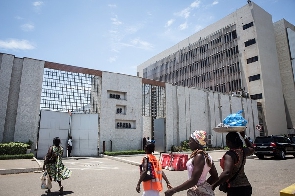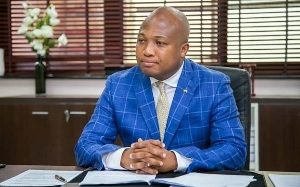The Monetary Policy Committee (MPC) of the Bank of Ghana, has once again, been confronted with a difficult decision regarding the determination of the policy rate for the next few months, as economic conditions are not favourable for the regulator.
Reducing the rate to push government’s expansionary policy, whereas increasing it will also incur the business community’s wrath.
For the sixth consecutive time, the Committee has maintained the rate at 14.5 percent over heightened risk to inflation, ballooning public debt, a depleting fiscal situation, slow economic growth among others, which have all been exacerbated by the second wave of the COVID-19 pandemic experienced since the beginning of this year.
The Monetary Policy Committee’s hope of seeing inflation come down was blighted by the rate for February 2020, which saw inflation climb 10.3 percent from the 9.9 percent recorded a month earlier.
This indicates that it has moved outside the medium-term target band of 6+-10 percent. At its last meeting, the MPC said it projects headline inflation will return to target in the second quarter of 2021, adding that risks to inflation in the near-term are broadly contained, but short to medium-term risks emanating from the fiscal expansion and rising crude oil prices are emerging. This moved the Committee to maintain the rate where it is.
So, taking inflation into consideration, the possibility of a cut in the rate is unlikely.
With the fiscal situation, the MPC noted, it is obvious that it will not get any better soon; especially as the pandemic rages on. The 2021 budget shows the fiscal deficit for 2020 hit 11.7 percent, exceeding the revised target by 30 basis points. And from the look of things, it will further worsen as government still has pandemic-related expenditure to make.
The MPC admitted in its last meeting that the prospects of a sharp fiscal correction in 2021 looks unlikely amid the second wave of the pandemic, which will require additional spending to provide testing and vaccines.
Business News of Tuesday, 23 March 2021
Source: gbcghanaonline.com

















